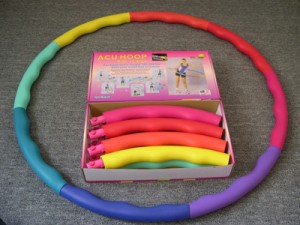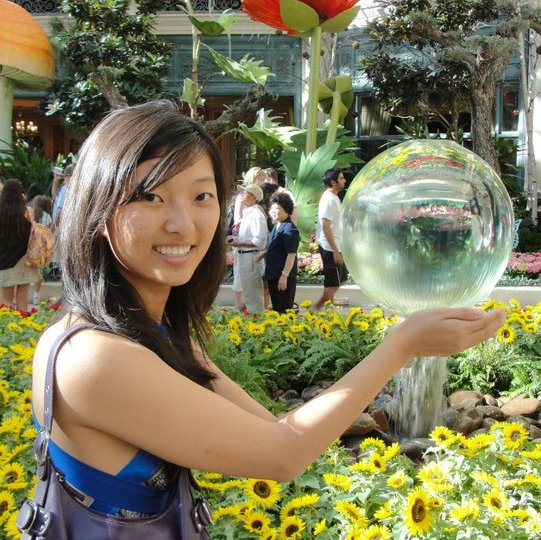Many months ago, I came across this new company called DefaultCase, selling their iPhone cases for 1 cent + $3.99 processing. For $4 each, it was a steal! You see, rather than spend marketing budget on making all kinds of ads, they put much of it towards offering these cases for super cheap. From there, I believe they were counting on word of mouth to get their brand going.
I thought about it for awhile and decided to get one for fun, even though I don’t even like phone covers. They’re pretty cool, with a perforated design on the iPhone 4 models that allow the signal to get through (it’s even supposed to help with your reception, according to them). I browsed their selection of colors and settled on a blue one. One thing I noticed is that there are never any shots of a phone from the front when you look at a case. I happen to want to know how much the lip may or may not protrude on that side. Nevertheless, I decided it was cheap enough to be worth trying. When it came, I was very excited. They have a quirky sense of humor and included a love letter telling me how much they appreciated me for being an early adopter. Fun times!
When I couldn’t figure out how to get the case off and cracked it trying, I emailed their customer service because part of their mission is to provide excellent support. They were kind enough to mail me a new one, plus give me a free one of my choice. This time I chose white. Awesome, right? Well, I was also interested in a purple and an orange one, so I asked about that and they said since they accidentally made some of the pink ones more of a purple color, they could send me one of those. Orange was yet to be added and when it was, they gave me a sample too. Talk about a deal!
They came through on their promise of great service and it’s something that more companies should strive towards, no matter what product or service they’re providing.


